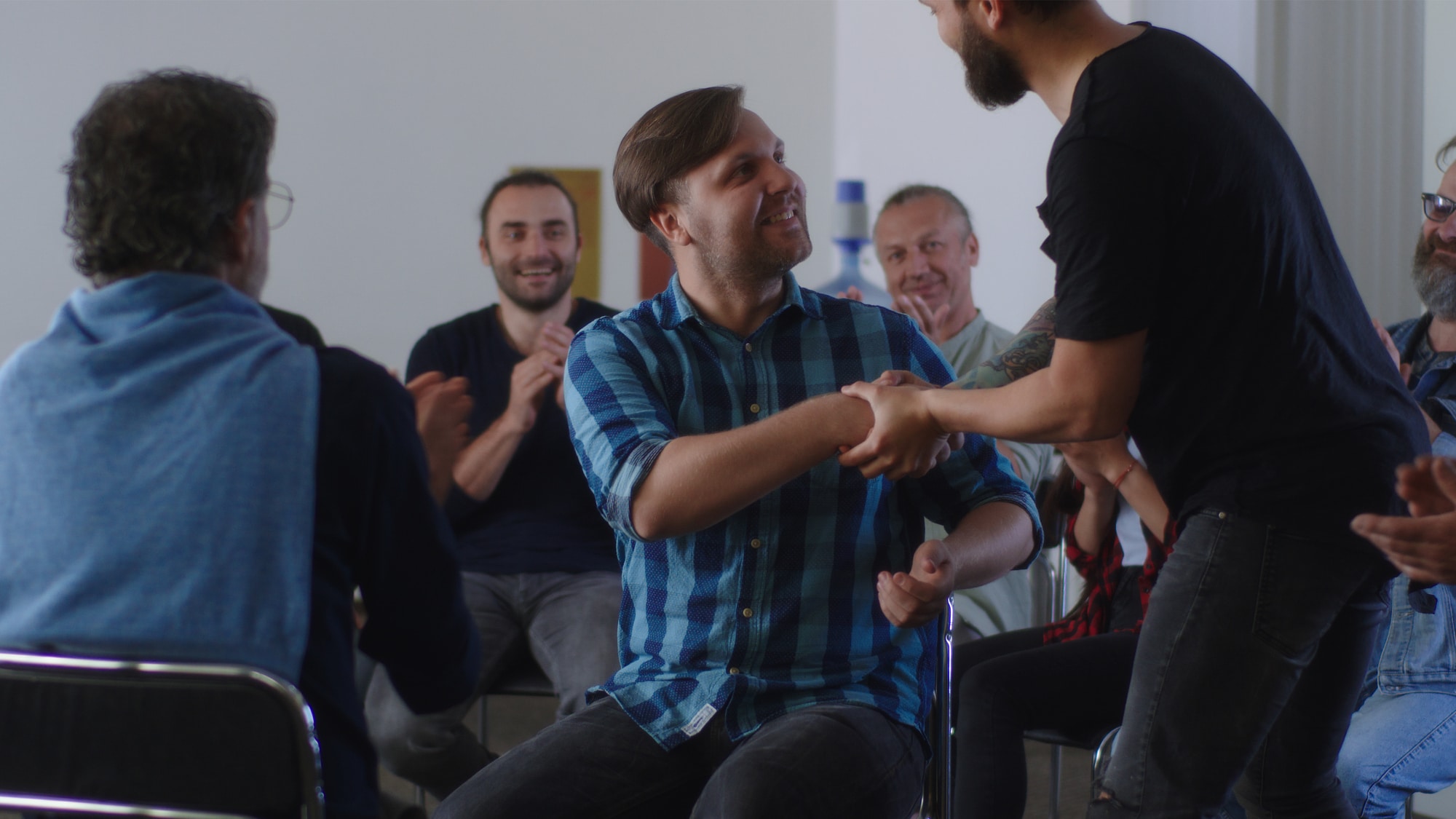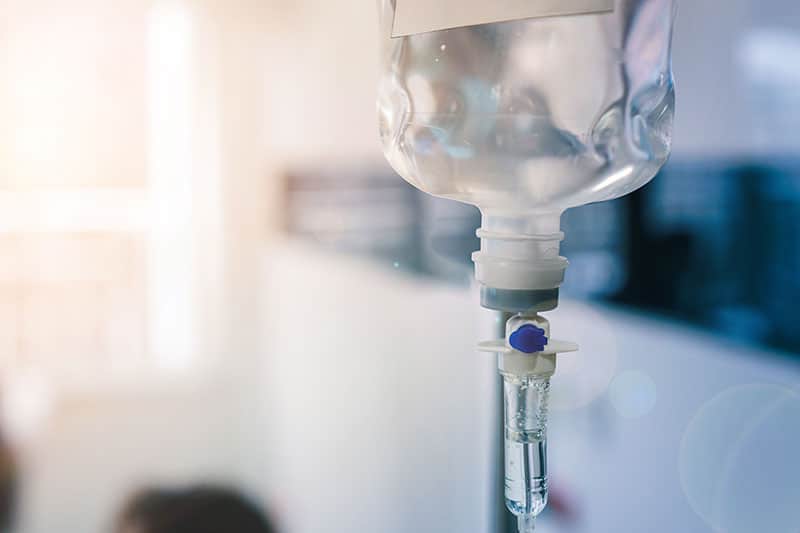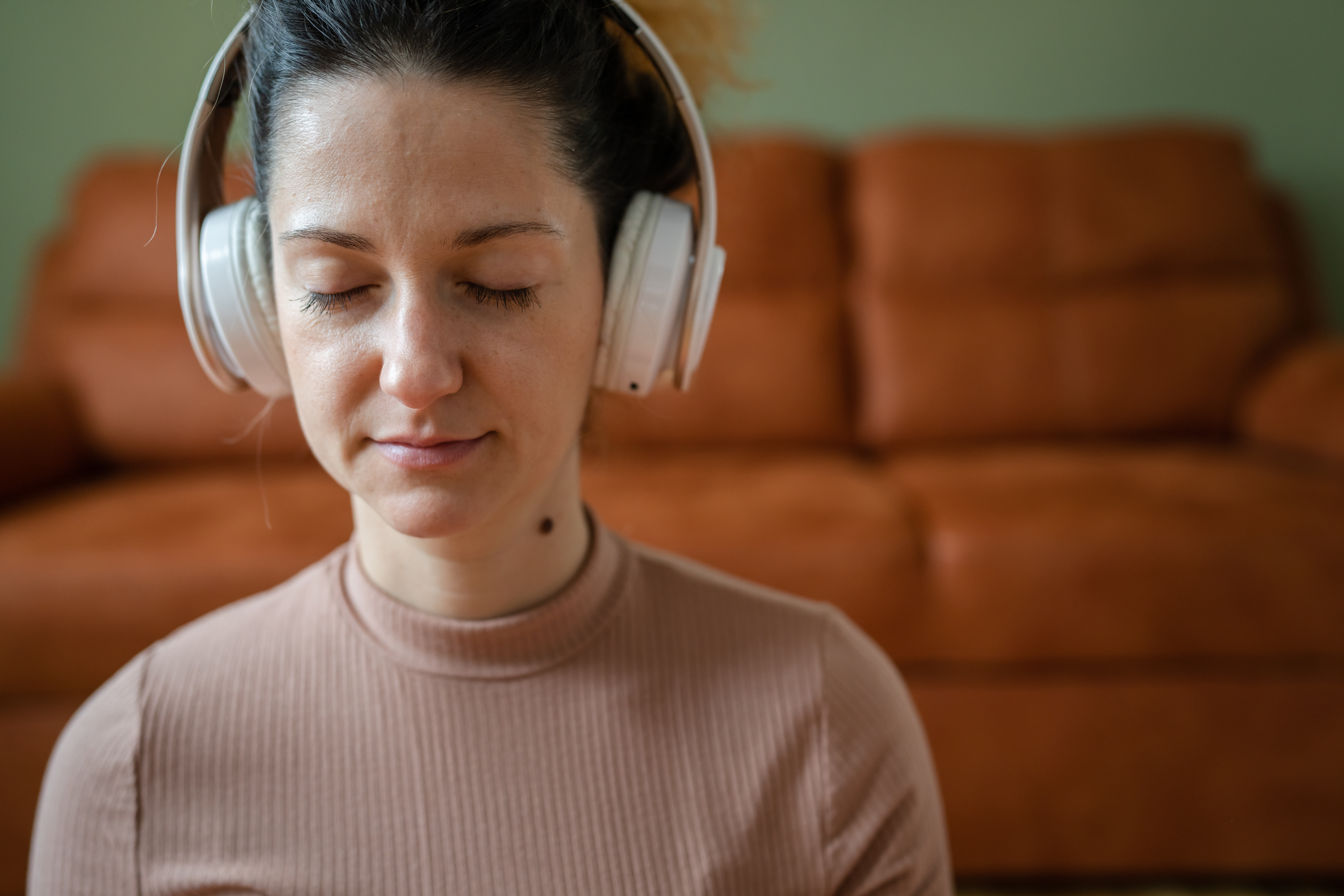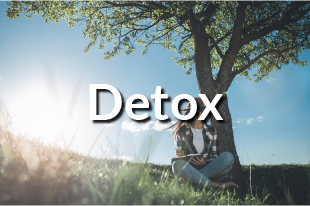According to various sources, approximately 15 percent of Americans have used cocaine recreationally. Cocaine is an extremely addictive drug made from Coca plant extract. This drug is generally processed in a lab and consumed in powder form. It often resembles a white, crystalline powder and can be mixed or “cut” with other, similar substances (baking soda, sugars, or anesthetics) that make it less efficient and more dangerous. The majority found in America is produced in South America and imported through Mexico.
If you or a loved one need help now please call or click here to use your insurance benefits to start cocaine addiction treatment at our Florida rehab center.
It goes by several different names, including coke, blow, crack, or snow. Cocaine is a highly addictive stimulant that is illegal for recreational use in the United States. Stimulants, like cocaine, affect the neuro-pathways of your brain, leading you to feel euphoric, extremely active, overly excited, or even manic.
Addiction can happen extremely easily and cocaine addiction treatment is absolutely necessary to overcome the addiction.
It’s a versatile drug that can be ingested in multiple ways. It can be “snorted” (or inhaled) or can be melted down and injected. It can even be ingested rectally or vaginally. One of the most common ways of use is to smoke it as “crack cocaine”. This easy method brought use to the forefront of the national consciousness and brought long-term cocaine use and addiction into the limelight.
The Effects of Cocaine
Cocaine has powerful, albeit short-term stimulant effects on the user. The use causes the release of Dopamine, a naturally occurring neurotransmitter, that can cause the user to feel intense pleasure or euphoria.
Cocaine also prevents dopamine (and other neurotransmitters such as norepinephrine and serotonin) from being ingested into the nerve cells. This blockage allows large amounts of euphoria-causing neurotransmitters to accumulate, causing intense, short-lived highs. It can also result in a reduced desire to carry out normal daily tasks, such as eating, sleeping, or socializing. The energy one feels during a high can lead very quickly to addiction and physical dependency.
Using cocaine frequently can lead to physical dependency. The use of higher doses to achieve a high, especially when it has been “cut” with other substances, can lead to seeking more and more to fill a need. This can lead to intense withdrawal symptoms, such as headaches, intense sweating, and uncontrollable behavior.
Cocaine use disorders can have serious health effects on almost everything in the body including the cardiovascular system. The physical and psychological effects are numerous, with many of them being extremely dangerous which require coming to our cocaine addiction treatment center in Florida to overcome. Some negative effects you can expect to feel after use are as follows:

Physical Symptoms of Cocaine Addiction
Cocaine addiction can develop very quickly after starting a long-term usage and can be extremely difficult to kick. One of the keys is recognizing the signs of addiction early to seek treatment as soon as possible before severe physical symptoms manifest. Some of the most common signs of addiction are:
Why is it so Addictive?
According to the National Institute on Drug Abuse, cocaine is extremely addictive because of the ease and speed with which it rewires the brain. It acts as an extreme stimulant, triggering the production of the naturally-occurring chemical dopamine. Dopamine is a neurotransmitter that is associated with pleasure. Brain pathways communicate using dopamine when they experience pleasurable sensations. Because cocaine can overload the neurons, it can cause a build-up of dopamine that leads to extreme highs and lows.
Use throws a wrench in the communication between neurons, causing excessive build-up. When cocaine enters the bloodstream, an abnormal amount of dopamine is released, causing the body to crave more. The more frequently this dopamine release occurs, the more likely someone’s brain is to be permanently “rewired”, resulting in addiction and tolerance.
General Cocaine Use and Addiction Statistics
According to a 2018 Centers for Disease Control and Prevention (CDC) study, approximately 2% of teenagers reported cocaine use. In contrast, young adults ages 18 to 25 reportedly used cocaine at a rate of 6%. Approximately 5% of those studied between 25 and 35 reported using cocaine. These statistics reveal that availability and affordability can increase with age. Some other statistics of note are as follows:

Cocaine Overdose and Relapse
Hospitalization and deaths due to cocaine use/overdose have increased every year since 2017. This could be attributed to increased availability as well as environmental factors such as the increased likelihood that it may be mixed with harmful impurities, such as bleach. Since there is no regulation of cocaine, dealers often mix it with household substances to stretch the product.
The rate of overdose has also increased every year since 2017. The ethnic demographics of overdose are the same as reported above, with Caucasians presenting the highest reported likelihood of overdose.
The National Institute on Drug Abuse (NIDA) reportsthat the chance of relapse considering all types of substance abuse is between 40%-60%. Sadly, it is extremely common for users who enter a cocaine addiction treatment center in Florida to relapse, especially in the first year. In order to prevent continued use and relapse, individuals should focus on: Maintaining healthy support systems like family and local support groups, continuing therapy for lasting recovery, and avoiding situations involving cocaine abuse. Thankfully, there are many different types of rehab programsthat can prove effective in treating substance use disorder.

Treatments for Cocaine Addiction
From 2013-2018, cocaine accounted for nearly 7 percent of admissions to treatment facilities. The majority of these (as much as 68% in 2013) admissions admitted to using more than just cocaine. Any cocaine addiction treatment center needs to be able to address the addictive tendencies, treat the physical signs of addiction as well as teach healthier coping mechanisms for a lasting recovery.
Pharmacological Approach to Cocaine Addiction Treatment
While there are some ways to ease the difficulties of cocaine withdrawal, there are currently no USDA approved drug treatments for cocaine abuse. However, while in drug abuse treatment, addicts may receive medication that helps with some of the more severe psychological side-effects of cocaine addiction, such as depression and severe anxiety. Serotonin reuptake inhibitors (SSRIs) such as Lexapro or Celexa may be prescribed to “take the edge off”.
While not universally successful, Disulfiram, which is used to treat alcoholism, has shown some success in treating cocaine addiction. There are also controlled clinical trials being undertaken on a “vaccine” for cocaine addiction that would aim to prevent relapse.
Most of these pharmacological treatments are not widely used in one’s recovery journey and should be secondary to in-person therapeutic options.
BHC’s Effective Cocaine Addiction Treatment in Port St. Lucie
At Behavioral Health Centers, we have several proven options for those seeking treatment and want to get over their cocaine addiction. These can include but are not limited to the following comprehensive treatment programs:
The Road to Recovery from Cocaine Dependence
Defeating a cocaine drug addiction can be a difficult task, and it is extremely important to have trusted medical professionals there by your side. Behavioral Health Centers is here to offer you a customized and holistic treatment plan that will help you beat addiction. Our clinical detox programs are consistently rated as some of the best in Florida, and we are ready to add you to our list of success stories.
If you or a loved one is suffering from addiction to cocaine, don’t wait, get professional help today. To learn more about the treatment options we offer at our cocaine rehab center in Florida, contact us today!
Our cocaine addiction rehab in Port St. Lucie provides safe, comfortable, and effective treatment to residents across the United States and the following local counties and cities of Okeechobee County, Palm Beach County, Martin County, Jupiter, Stuart, Fort Pierce, West Palm Beach, Boca Raton, Delray Beach, Miami, Fort Lauderdale, Naples, Fort Myers, Tampa, Sarasota, St. Petersburg, and Orlando.
BHC also provides treatment for the following substances: Alcohol, Benzos, Drugs, Fentanyl, Heroin, Meth, and Prescription Drugs
Behavioral Health Centers is aJoint Commission accredited treatment center located in Port St. Lucie, Florida.












